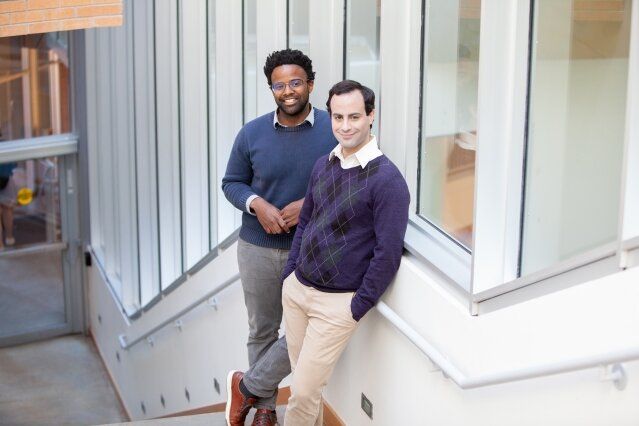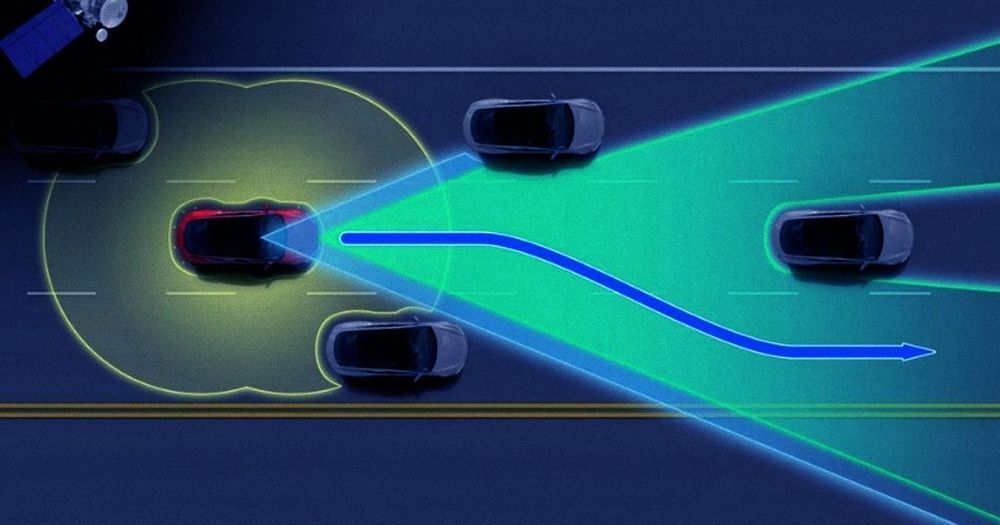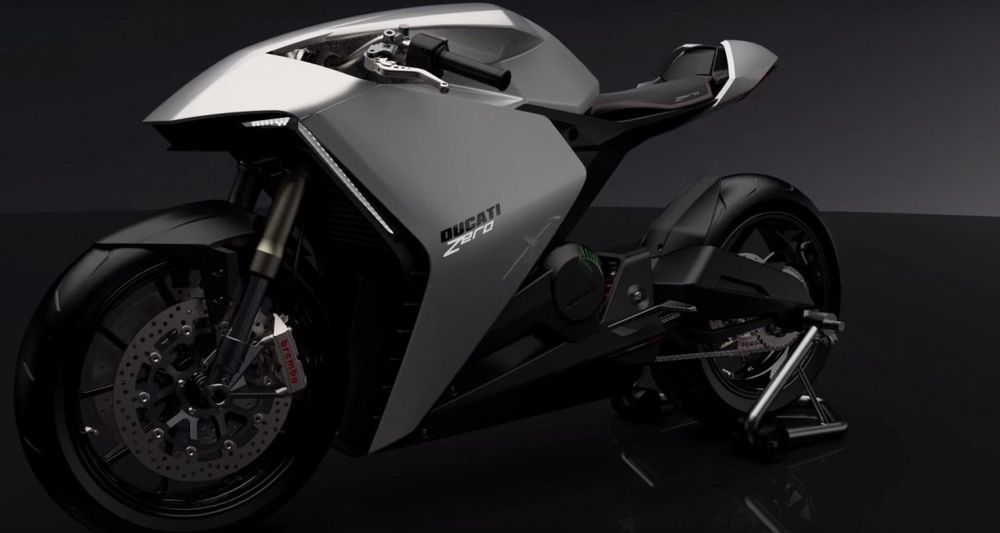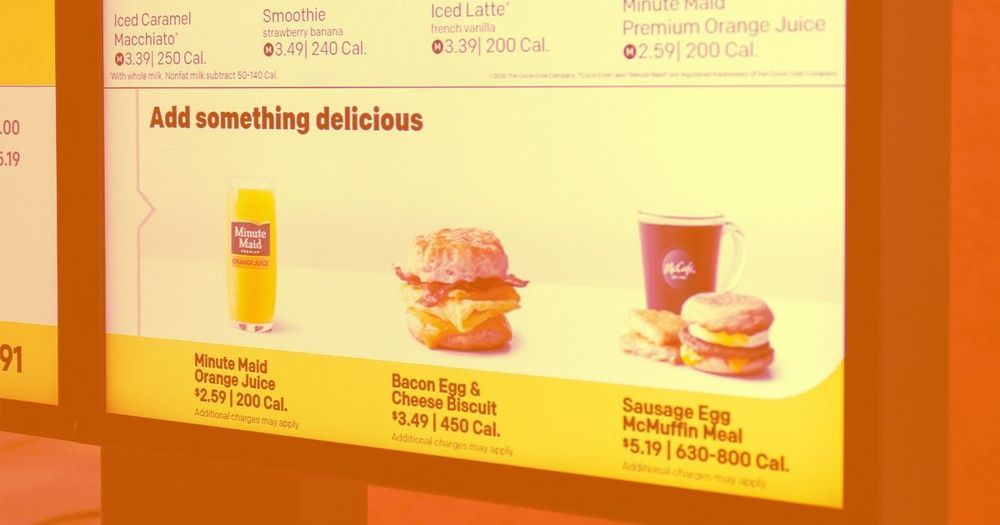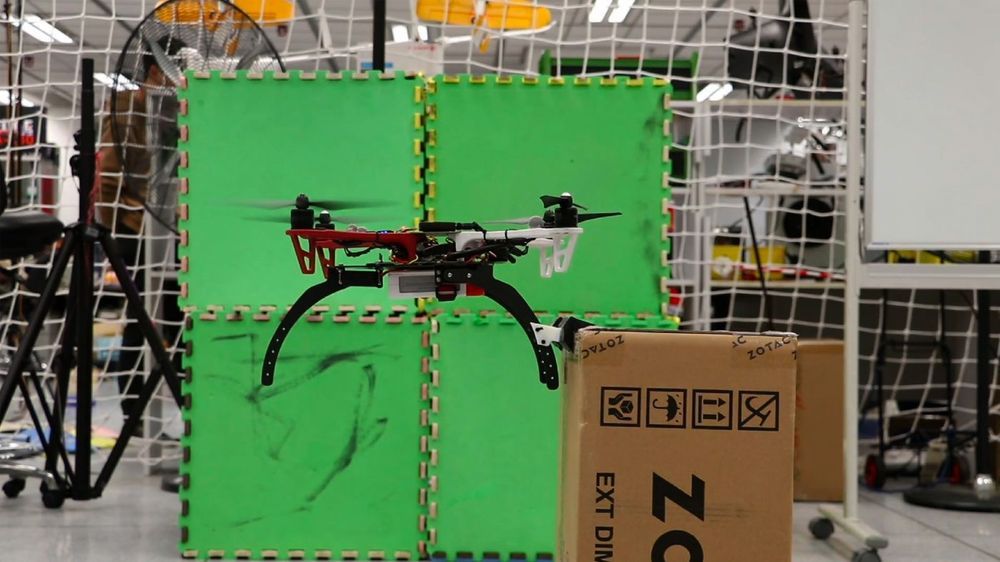These days, nearly all the artificial intelligence-based products in our lives rely on “deep neural networks” that automatically learn to process labeled data.
For most organizations and individuals, though, deep learning is tough to break into. To learn well, neural networks normally have to be quite large and need massive datasets. This training process usually requires multiple days of training and expensive graphics processing units (GPUs)—and sometimes even custom-designed hardware.
But what if they don’t actually have to be all that big, after all?
